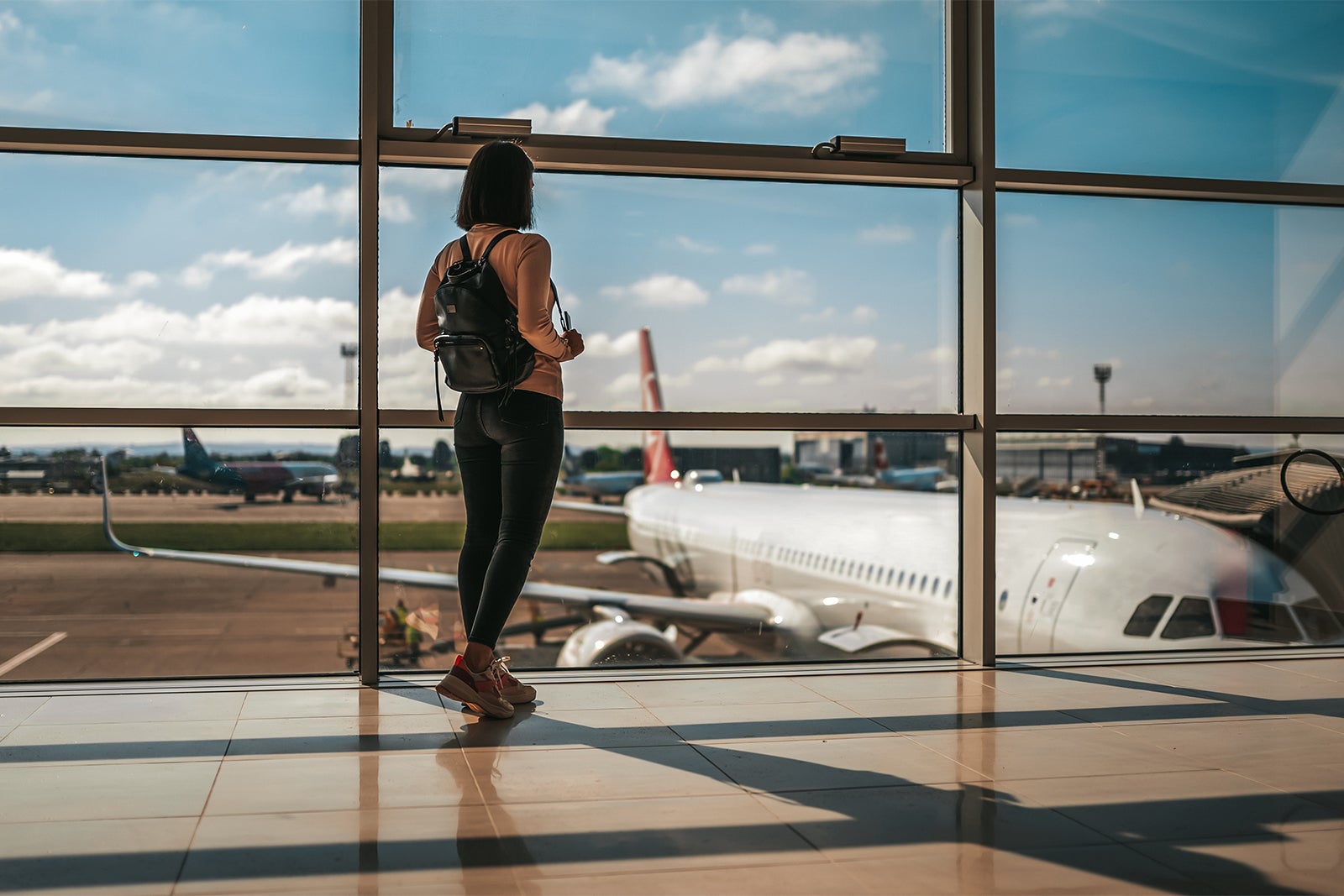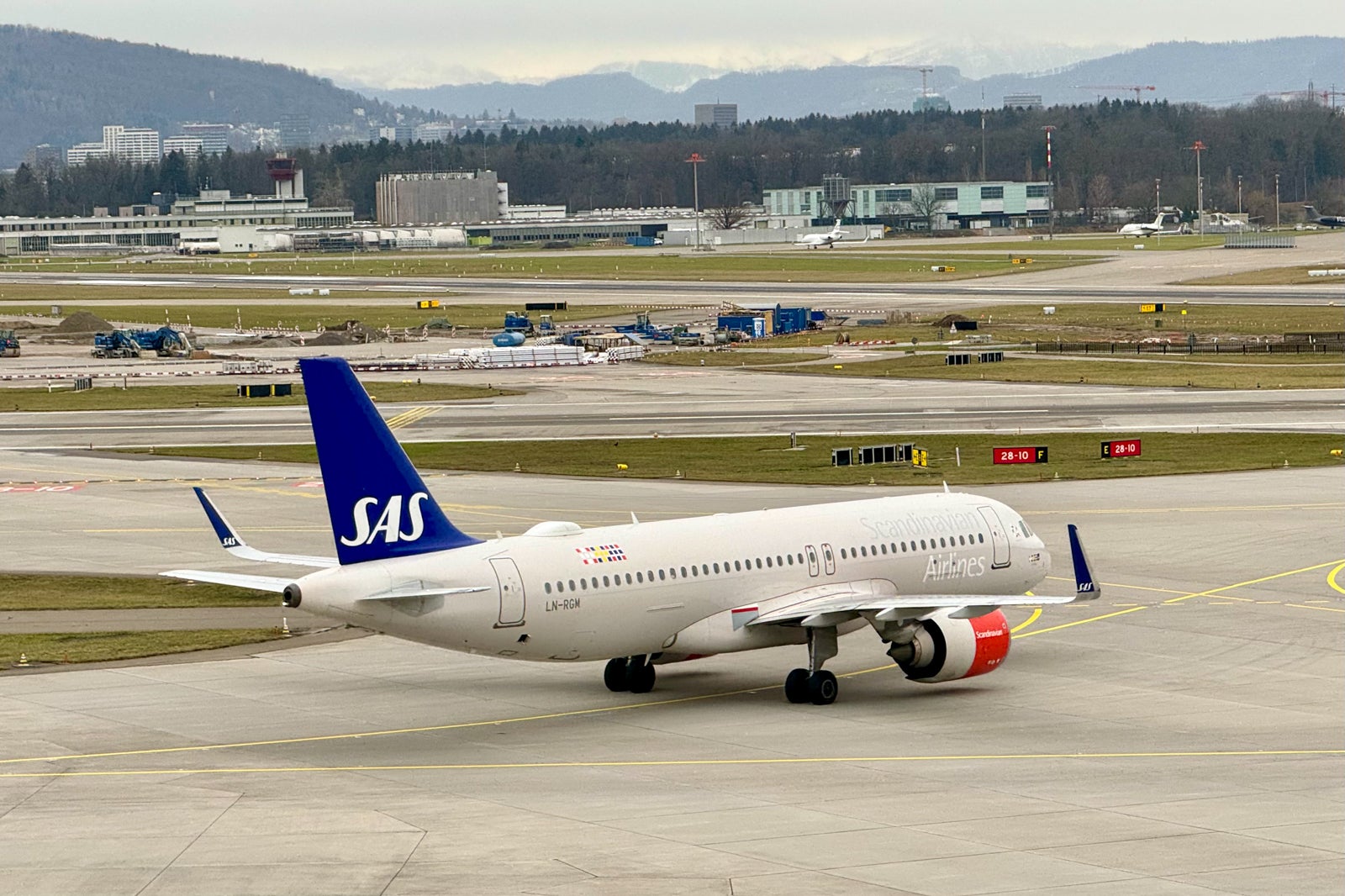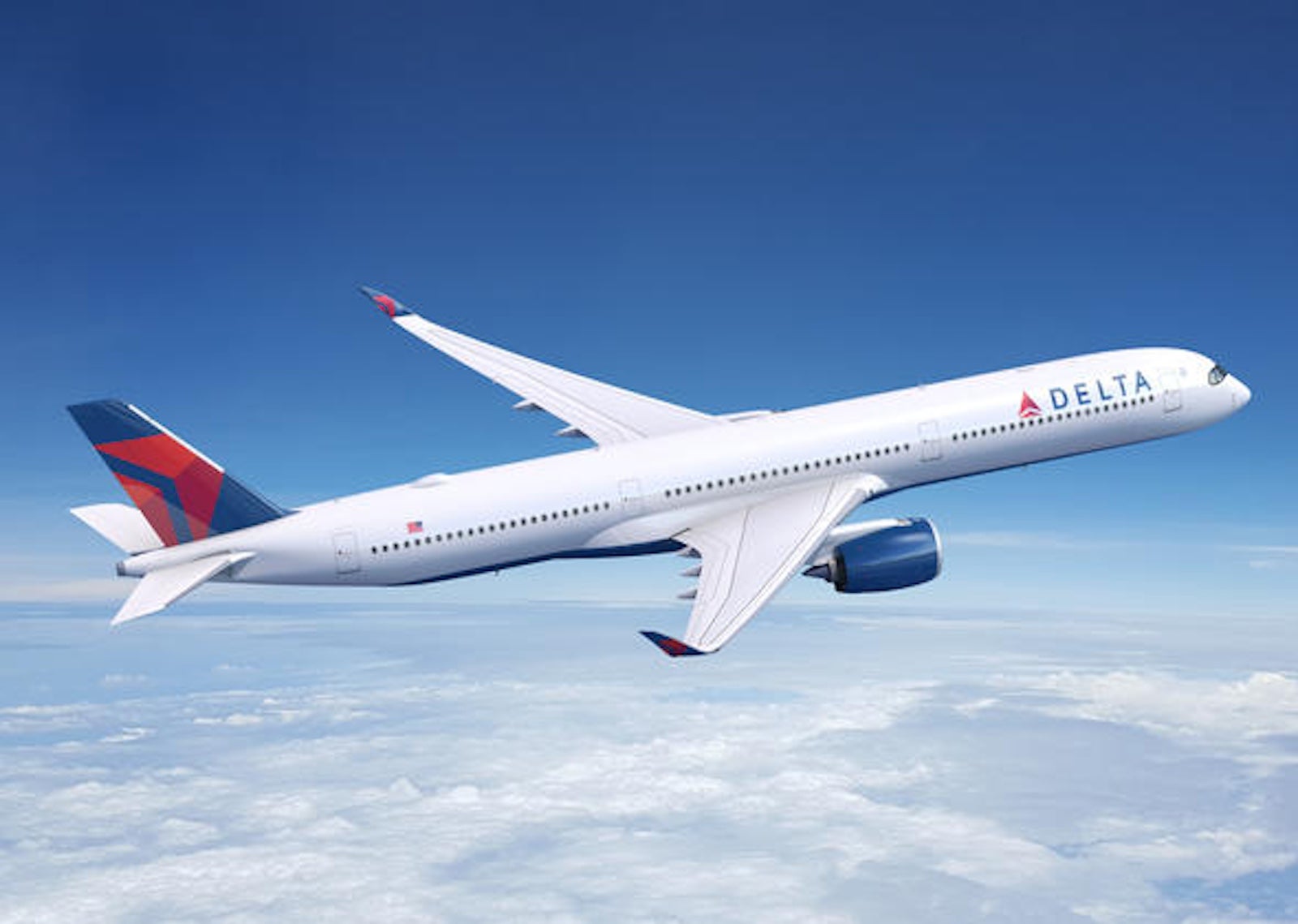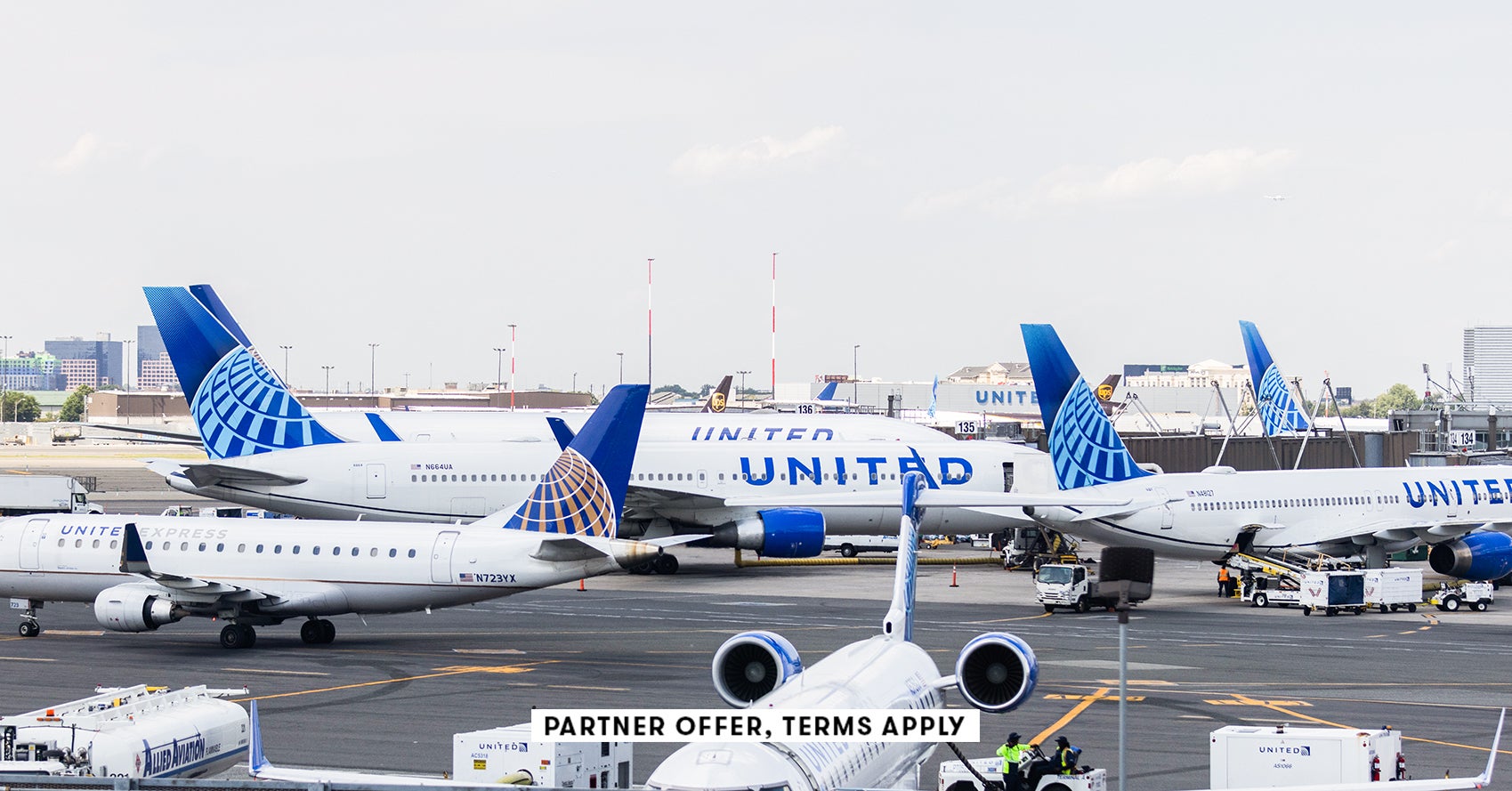CrowdStrike is striking back.
The company said that it was not responsible for Delta Air Lines' extended meltdown late last month, which saw days of cancellations and delays following a tech outage that affected airlines across the U.S. and the rest of the world.
Want more aviation news? Sign up for TPG's free biweekly Aviation newsletter.
Delta CEO Ed Bastian said on CNBC last week that the outage and its aftermath had cost the airline $500 million and that it would seek damages from CrowdStrike and Microsoft. CrowdStrike provides security software for Microsoft's Windows operating system, which runs many Delta technologies. A faulty CrowdStrike software update crashed thousands of Microsoft-based networks and systems after it was accidentally set live.
The airline said in a memo to staff members that it would seek to pursue legal claims against the tech companies and had retained the well-known law firm Boies Schiller Flexner.
But in a letter sent to Delta on Sunday night, which was reviewed by TPG, CrowdStrike's outside legal counsel at Quinn Emanuel Urquhart & Sullivan pushed back against Bastian's comments, accusing him and the airline of creating a "misleading narrative that CrowdStrike is responsible for Delta's IT decisions and response to the outage."
"Should Delta pursue this path, Delta will have to explain to the public, its shareholders, and ultimately a jury why CrowdStrike took responsibility for its actions—swiftly, transparently, and constructively—while Delta did not," Michael Carlinsky, a partner at Quinn Emanuel, wrote in the letter.
While admitting fault for the initial outage and reiterating an apology, CrowdStrike said that Delta had declined on-site assistance during the outage and that Bastian had not responded to direct outreach from the tech firm's CEO.
CrowdStrike pointed to the fact that rival airlines, which were also forced to ground their flights during the initial outage, restored their operations much more quickly than Delta. While delays and cancellations lingered after a fix was developed for the outage, most rivals, including American Airlines and United Airlines, were more or less back to normal within a day or two, while Delta struggled for nearly a week, canceling more than 5,000 mainline flights between July 19 and July 25.

Daily Newsletter
Reward your inbox with the TPG Daily newsletter
Join over 700,000 readers for breaking news, in-depth guides and exclusive deals from TPG’s experts
By signing up, you will receive newsletters and promotional content and agree to our Terms of Use and acknowledge the data practices in our Privacy Policy. You may unsubscribe at any time.
In the letter, CrowdStrike's attorneys suggested that Delta's IT infrastructure did not have "design and operational resiliency capabilities" like the other airlines, and said that its liability was capped at "an amount in the single-digit millions" based on contracts with the airline.
Related: How to get money back if you were stranded on Delta Air Lines
In public communications during the aftermath of the initial outage, Delta cited issues with crew scheduling software, while internal memos to the staff, seen by TPG, repeatedly offered incentives for off-duty crew members to pick up trips as the airline struggled to get displaced crews back into position.
Bastain said that Delta used CrowdStrike and Microsoft products more heavily across its system than other carriers, meaning that the airline's systems were more hobbled by the outage than its competitors were.
"If you're going to be having access, priority access, to the Delta ecosystem in terms of technology, you've got to test this stuff," Bastian told CNBC last week, referring to the faulty CrowdStrike software update that caused the outage. "You can't come into a mission-critical 24/7 operation and tell us we have a bug. It doesn't work."
A Delta spokesperson said the airline did not have any further comment in response to the CrowdStrike letter, and pointed to Bastian's earlier statements.
Millions of computers across a variety of businesses and sectors were disabled during the outage, ranging from airlines and airports to banks, government agencies and television networks. While some airlines were completely grounded until a fix was distributed, other carriers that do not use CrowdStrike services continued operations without interruption.
Related reading:
- Key travel tips you need to know — whether you're a first-time or frequent traveler
- Best travel credit cards
- Where to go in 2024: The 16 best places to travel
- 6 real-life strategies you can use when your flight is canceled or delayed
- 8 of the best credit cards for general travel purchases
- 13 must-have items the TPG team can't travel without
Editorial disclaimer: Opinions expressed here are the author’s alone, not those of any bank, credit card issuer, airline or hotel chain, and have not been reviewed, approved or otherwise endorsed by any of these entities.













![GoPro HERO 13 Review – The Ultimate Camera Guide [2024]](https://www.nomadasaurus.com/wp-content/uploads/2024/09/GoPro-HERO-13-Black-Review-Feature-Image.jpg)





 English (US) ·
English (US) ·